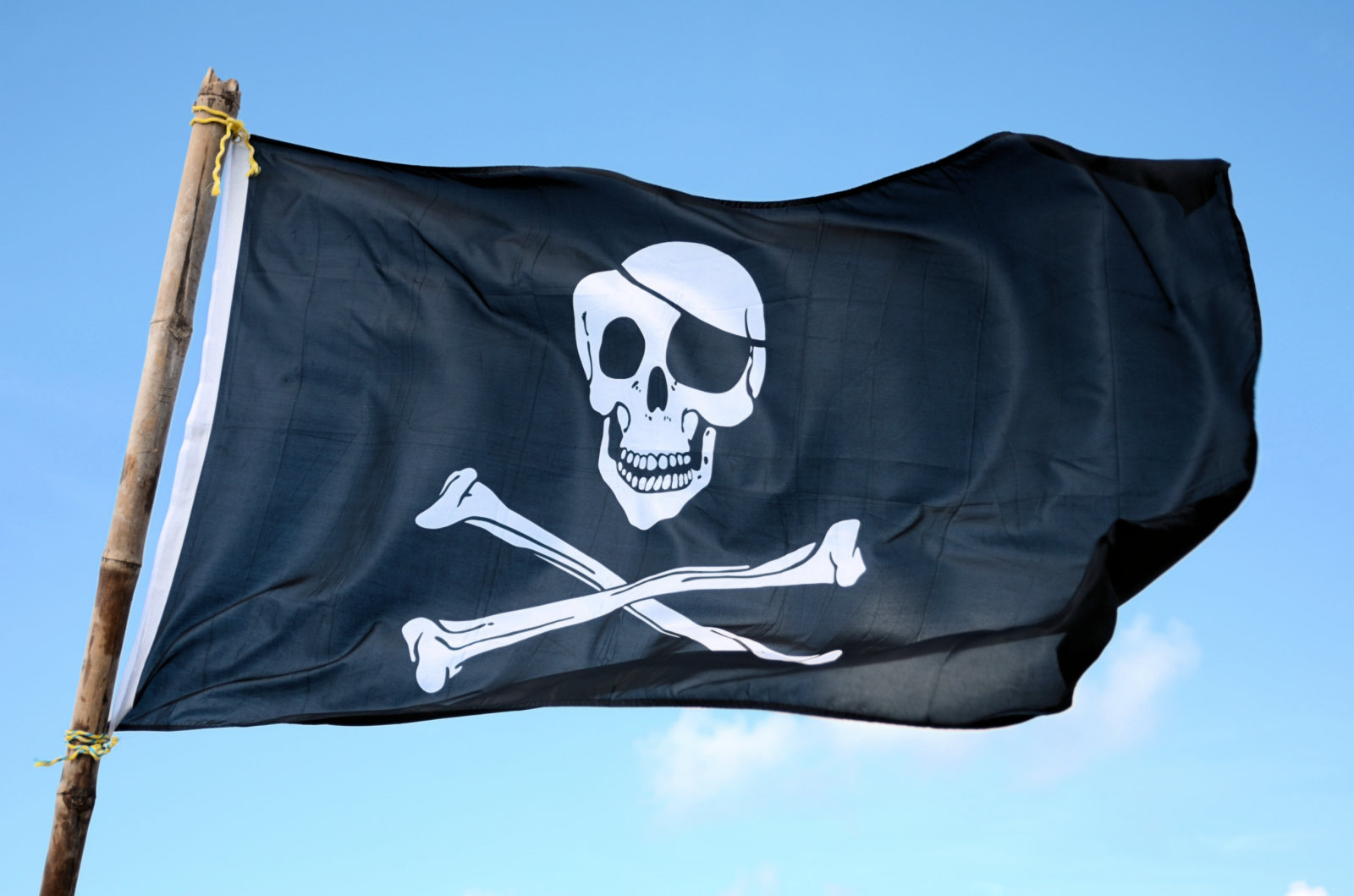
The Center for Copyright Information has announced that after four years of “extensive consumer education and engagement,” they’re pulling the plug on the Copyright Alert System (CAS).
In a brief statement on the matter, the Center for Copyright Information said the program demonstrated that real progress is possible when content creators, Internet innovators and consumer advocates come together in a collaborative and consensus-driven process.
Years in the making, the controversial “six strikes” alert system launched in the US in early 2013. The result of a voluntary agreement between major Internet service providers including AT&T, Comcast, Time Warner Cable and Verizon, the CAS consisted of three tiers of escalating warnings with each tier comprised of two individual warnings (hence the six strikes reference).
The first several warnings were meant to educate Internet users that viewing pirated content was illegal and informing them of legal avenues to obtain content. Continued behavior escalated the warnings and could potentially result in penalties such as reduced connection speeds.
The Center for Copyright Information didn’t give a reason as to why it was ending the program although the Motion Picture Association of America (MPAA) has its own opinion.
Steven Fabrizio, executive vice president and global general counsel at the MPAA, said in a statement to Variety that repeat infringers are the ones who drive ongoing and problematic peer-to-peer (P2P) piracy. The CAS simply wasn’t set up to deal with hardcore repeat infringers, he said, adding that persistent pirates must instead be addressed by ISPs under their “repeat infringer” policies as provided in the Digital Millennium Copyright Act.”
As Fabrizio alluded to, the system only applied to P2P piracy meaning users of streaming sites, file-hosting services, Usenet and so on were able to fly under the proverbial radar.
Image via Kalimf, Getty Images
https://www.techspot.com/news/67947-controversial-ix-strikes-copyright-alert-system-laid-rest.html